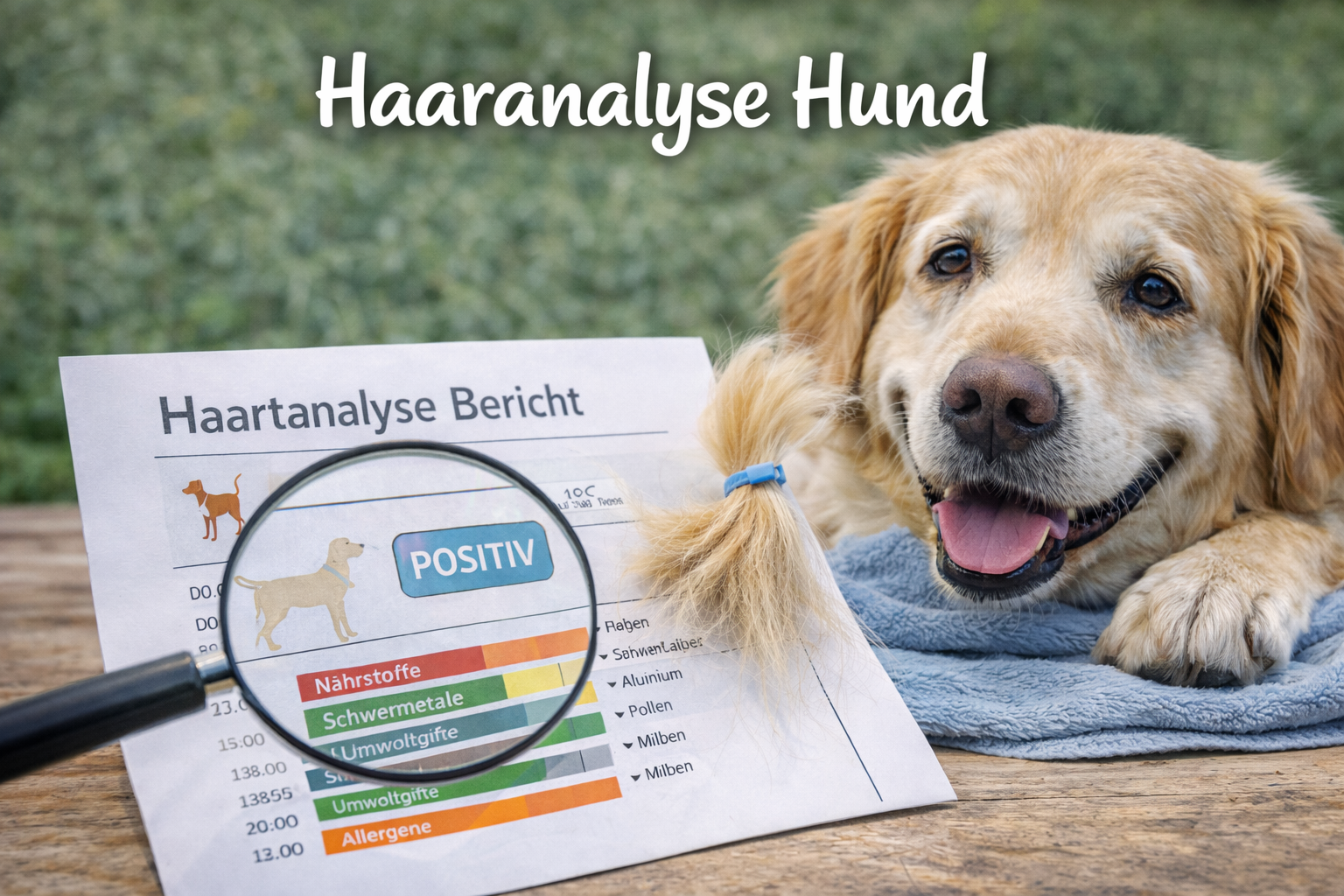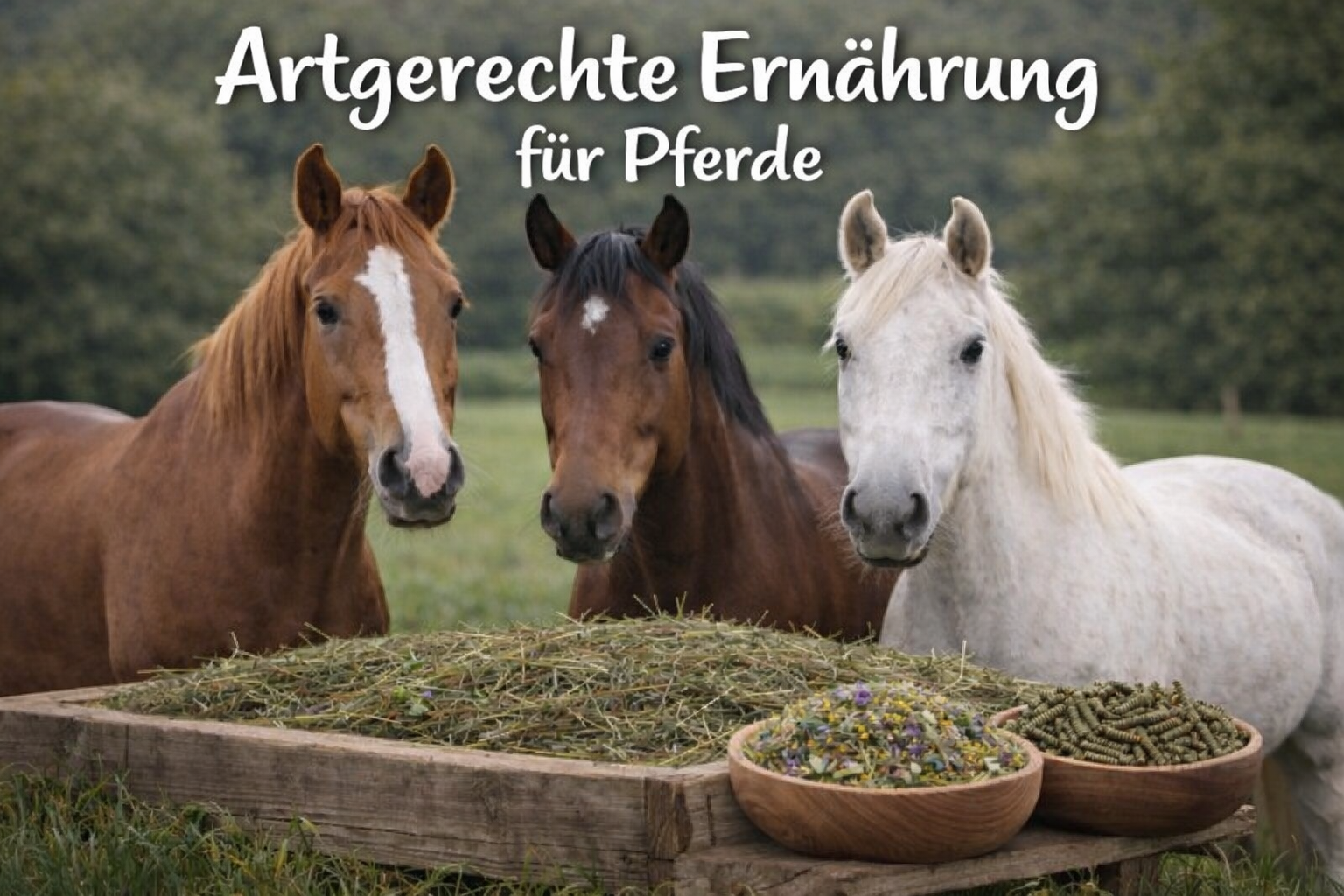Snow is an absolute highlight for most dogs and many of them literally love it. There are various alternatives for carefree play in the snow.
Can dogs eat snow?
Which dog owner hasn't experienced this? Dogs love to play in the snow, and sometimes they take a nibble. In general, snow is not a bad thing. But depending on the place or location, the snow can be contaminated. This can lead to diarrhea or gastritis. As an alternative to snow, we have various toys and snacks that you can offer your pet in the snow.
How long can the dog stay in the snow?
Dogs can also catch colds. Make sure that your dog does not lie on a cold surface for too long or is exposed to draughts. This can lead to a bladder infection or cold. Make sure your dog gets some exercise in the cold air. Depending on the breed, it may make sense to put a dog coat on your pet.
Can dogs run in the snow?
Dogs can run in the snow. However, it should be noted that not all breeds like long walks. Especially on frosty ground or on roads where a lot of salt has been spread, make sure that you protect your four-legged friend's paws beforehand. To protect your dog's paws, you can rub PerNaturam Paw Cream or AniForte Paw Balm into them before the walk. Paw shoes can also be worn for very long walks in the mountains or on salty roads. Here too, it is important to assess individually what is the best option for your pet. We will be happy to advise you personally.
Why does a dog roll in the snow?
Dogs don't come into contact with snow every day, which is why many dogs are very happy when the first snow falls. Then the cold is usually added to this, which triggers a certain tingling and exuberance and causes dogs to roll around. Researchers have looked into this question, but cannot say for sure why dogs like the snow so much.
Recommendation for carefree fun in the snow:
Before the walk:
- Paw cream before the walk
- Paw protection with shoes
- Coat for the right temperature
- Use a blanket when resting on cold ground
During the walk:
- If your dog is particularly sensitive, deep snow should be avoided.
- Keep an eye on the time
- Watch out for black ice. This is dangerous for everyone!
After the walk:
- Dry off with a dry cloth after the walk. If your dog is very sensitive, take your time.
- Optionally, a hair dryer (lukewarm) can also be used to help
- A warm broth (e.g. meat bone broth) is not only good for the dog, but the dissolved gelatine from the bones and cartilage also protects the stomach.
- Carrot soup in case of diarrhea
- When resting after a walk, the dog should be able to warm up. Avoid cold floors or use a blanket.




